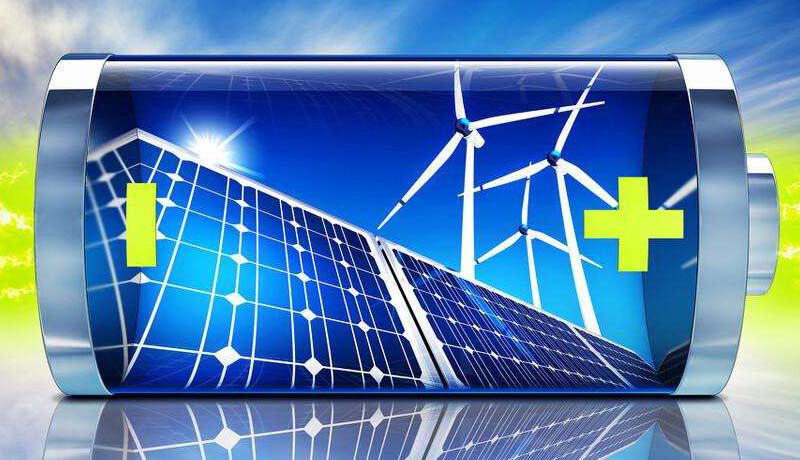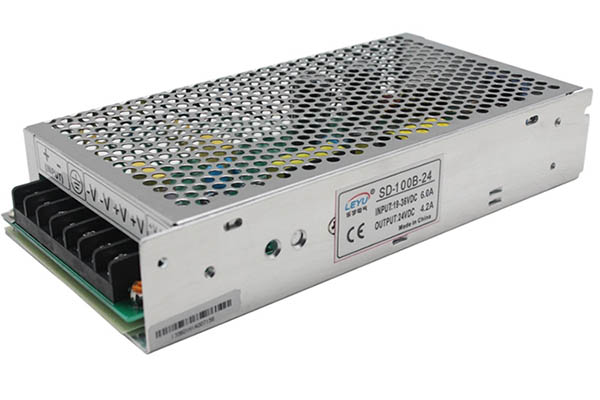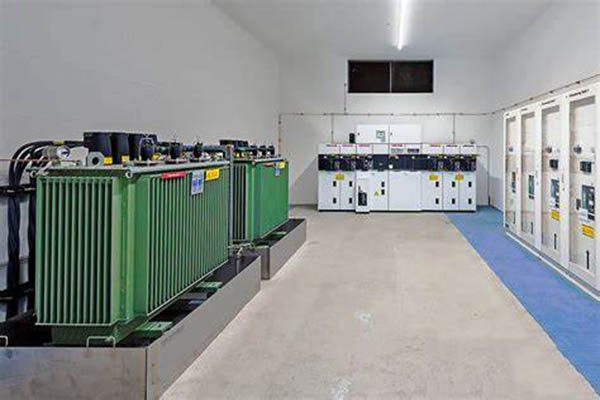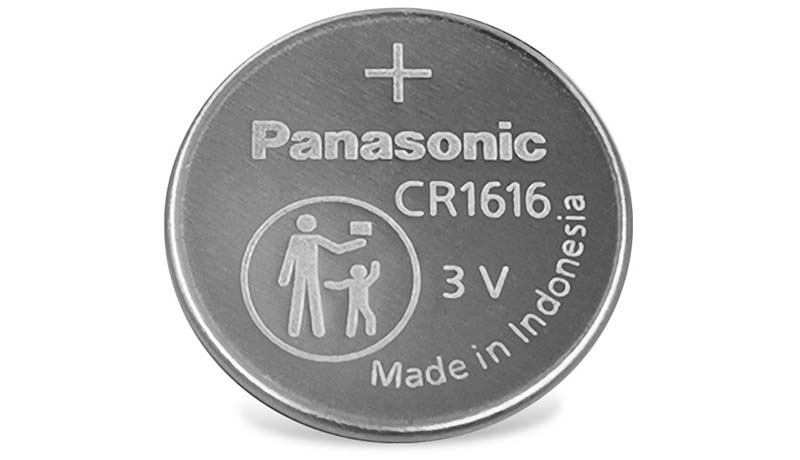How to choose the right lithium-ion battery?
Over the years, Lithium-ion batteries have become very popular and are being across a variety of devices and platforms including cells, electric vehicles, and power tools amongst a host of many other equipment.
Lithium-ion batteries come packed with a host of advantages and benefits. As a leading battery manufacturer in India, we often come across a very common question, how to choose the right lithium-ion battery?
Well, you too have been wondering “how to choose the right lithium-ion battery”, you’re at the right place. Today, we’ll pull the curtains and reveal how can you select the best lithium-ion battery. So, without further ado, let’s get started.
How to select the best lithium-ion battery?
Selecting the best lithium-ion battery has no silver bullets to it. You’ll need to be careful about 6 key points when selecting lithium-ion batteries.
Voltage
Energy Density
Charge Rate
Operating temperature range
Service life
Safety
Here, it is important to remember that different types of lithium-ion batteries have different attributes. We’re sure you’re wondering what are the different types of lithium-ion batteries? So, let’s have a look at the different types of lithium-ion batteries.
Types of Lithium-ion Batteries
Powerful Lithium-ion Batteries – This type of lithium-ion batteries are the ones that deliver high energy output.
Small Lithium-ion Batteries – This type of lithium-ion batteries are the ones that deliver high energy density reducing the size of the overall system.
Durable Lithium-ion Batteries – This type of lithium-ion batteries are the ones that last long and can be used for many years.
This means a lithium-ion battery good for one may not necessarily be as good for someone else. Therefore, it makes sense to carefully select the type of lithium-ion battery that matches your purpose and requirements.
Now, here’s the BIG QUESTION:
What are the different criteria for selecting lithium-ion batteries?
There are many different factors that one must keep in mind when it comes to selecting the right lithium-ion battery. However, it is crucial to carefully consider what one wants to use battery from the following perspective.
Where will you intend to use the lithium-ion battery?
Carefully mull over where you plan to use the lithium-ion battery. Will you be using it inside a building (housing society, office, etc.) or in a cold climate?
2. What will you use the lithium-ion battery for?
You’ll need to consider what do you want to use the lithium-ion battery for. Are you planning to use it for electric vehicles, cell phones, or are you planning to use them to power robots or artificial intelligence devices?
3. How will you use the lithium-ion battery?
Also, carefully consider the longevity of the usage of the lithium-ion battery. Are you planning to use it continuously for long hours or will you be using it only in an emergency?
Now, here’s a little smattering on what type of lithium-ion battery you should use in which situation to help you select the right lithium-ion batteries:
If you plan to use lithium-ion batterie in a large system that requires a high-power output to be operated, you must select high–power lithium-ion batteries.
If you’re planning to reduce the size of the battery and use it in a cell-phone or a smaller battery powered device, you must choose lithium-ion batteries with high energy density.
If safety is your priority and you’re planning to use a lithium-ion battery powered system safely at a place where there are a lot of people such as office premises, a school, housing society, etc., it makes sense to choose lithium-ion batteries with proven safety.
If you’re looking to use lithium-ion battery for many years without having to devote too much time and money into its maintenance, it makes sense to select long-life lithium-ion batteries.
If you are looking for fast charging of your devices and want the rapid charging capability in the battery, do well to choose lithium-ion batteries with high charge rate.
If you’re looking to use battery in a frigid climate or in relatively colder weather, it is sensible to select lithium-ion batteries that offer extended operating temperature range.
How to Choose the Right Lithium-Ion Forklift Battery Manufacturer
New Forklift Battery Overview
You’re in the market for a new forklift battery, you need to choose a new battery manufacturer and you’re not sure where to start.
There is a lot of information out there to help choose the best battery type, but how do you determine which manufacturer to use?
Regardless of where you are in your search for a new forklift battery manufacturer, the same rules apply across the board. You need a partner that has:
Adaptable products to fit different equipment
Excellent and ongoing technical support
Program for lithium-ion battery disposal and recycling
A BMS with telematics offering for battery data management
Adaptable Products Based on Different Forklift Dimensions
When purchasing a forklift battery, most of the time you are buying it for a specific piece of equipment. The battery compartment dimensions, minimum forklift battery weight requirement, and the connector cable length and position are all important aspects that the new battery must be compatible with.
This process becomes much more of a headache when you are forced to look through 400-500 different SKUs to find the battery that fits your equipment’s exact specifications.
To make this step in the process a whole lot easier, you can look for a manufacturer that offers customizable battery models that can be adapted to your equipment.
This way, you can purchase a base model battery for whatever type of lift truck you’re outfitting, and then add an adapter to meet the truck requirements.
Looking for a forklift manufacturer with this type of modular battery design is important because these batteries can be utilized with different forklift brands and models if your fleet composition changes in the future.
Excellent and Ongoing Technical Support
Traditionally, forklift batteries tend to be seen as a one-time cost of doing business, and great customer support is not high on the priority list.
But with the advent of lithium-ion technology, where batteries are more of a long-term technology investment, the customer support experience is more important for fleet managers to get the most out of their equipment.
Make sure to pay attention to the tools and resources the customer support team provide such as:
Online product guides and videos
Product training programs
Safety and battery disposal and recycle documents
Service bulletins
Being able to leverage a responsive, helpful technical support team to ensure batteries are being used to their fullest potential and maintained correctly to maximize lifespan is crucial in the world of advanced battery technology.
Additionally, since lithium-ion batteries can have different chemical compositions, it is important for users to follow the manufacturer’s instructions for charging, storage, shipping, and maintenance.
Whether the battery is purchased directly from the manufacturer, an OEM, or through a local equipment dealer, you should be able to contact the manufacturer for help with any problems or questions they might have.
Program for Lithium-Ion Battery Disposal and Recycling
As more batteries are being used in the material handling industry, more batteries will need to be recycled.
Lead acid batteries have a robust disposal and recycling process in place. Because lithium-ion batteries are a relatively new technology, there has not been a widespread recycling program developed for them just yet. However, recycling is still possible and important.
All batteries have a finite lifespan and thinking about what to do with the battery at the end of its useful life is essential. Selecting a manufacturer that already has a battery disposal and recycling program makes that easier.
Any reputable battery manufacturer should accept their batteries at the end of its useful life for recycling/repurposing.
Battery manufacturers should repurpose batteries for secondary use or work with organizations to develop second life programs. Sending your battery back to the manufacturer for secondary use recycling provides benefits such as:
Avoiding disposal costs at recycling centers
Not having to worry about waste treatment costs
Minimize the number of batteries that unnecessarily end up in landfills
BMS with Telematics Offering for Battery Data Management
Lithium-ion battery technology is more than just a power source for your equipment; it is a useful tool to help maximize productivity and improve operations in your warehouse.
Manufacturers of lithium-ion battery packs should have a BMS with a telematics offering where users can access crucial performance data of the battery pack.
Aggregating BMS data in a cloud-based solution allows users to identify usage patterns, track operator behavior, monitor battery condition, and send customized alerts and notifications.
Additionally, these systems allow battery manufacturer support teams to troubleshoot and diagnose problems remotely.
As telematics technology becomes more affordable, it is becoming a must-have for fleet managers to optimize productivity and maximize equipment uptime.
Even if you are not using telematics today, this growing trend that will become commonplace, and you do not want to purchase batteries now that will not be able to accommodate telematics in the future.




